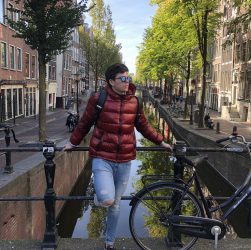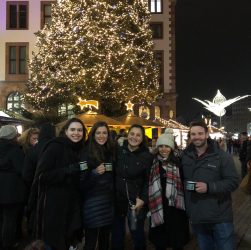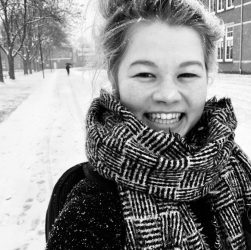Before you take off on your flight to the land of bicycles and stroop waffles, there are a few preliminary …


Before you take off on your flight to the land of bicycles and stroop waffles, there are a few preliminary …

Nächster halt: My exchange trip was exciting, scary, extremely fun and sometimes lonely, all mixed together in an unforgettable whirlwind …

Pre-departure: My pre-departure preparations for my semester exchange began officially in my first year at Stellenbosch University. I remember speaking …